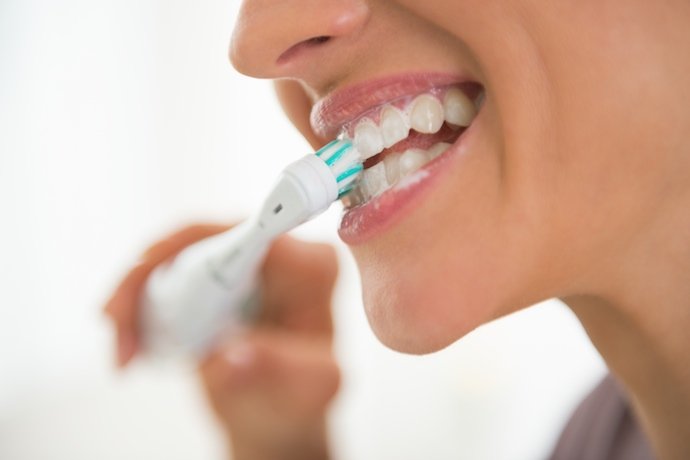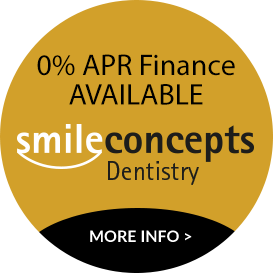The Do’s and Don’ts of Toothbrushing
All mouth problems are caused by plaque; a thick sticky layer made up of bacteria, food particles and organic matter.
Bacteria + sugar = acid = tooth decay = gum disease
Gum disease is related to an inflammation of the gums caused by plaque which can then lead to serious infection, damage to the bone and tissue and tooth loss.

Regular and effective tooth brushing will remove plaque and help to keep your teeth, gums and mouth healthy.
Brushing Teeth Do’s
- Do use a fluoride toothpaste. Fluoride is added to toothpastes because it can help to strengthen the tooth enamel, making it more resistant to tooth decay. It also reduces the amount of acid that the bacteria on your teeth produce.
- Use a soft/medium toothbrush with a small head that can reach the spaces at the back of your mouth.
- Brush for two minutes, twice a day. Break it down into the sections of your mouth – upper right, upper left, lower right and lower left; brush each section for 30 seconds.
- Do use a stopwatch to get an idea of what two minutes feels like.
- Use the right technique. Tilt the brush to a 45-degree angle against the gum line and brush using small circles. This method is the most gentle and effective way to remove plaque!.
- Brush your tongue to remove odour-causing bacteria.
- Do use dental floss and/or interdental brushes to clean between the gaps in your teeth, each gap may vary in size.
- Replace your toothbrush every three months or after you have had a cold, virus or infection.
- Consider a powered toothbrush, it can clean better especially if you have difficulty brushing or with dexterity.
- Do establish a good tooth brushing routine with children as early as possible. Read our tips for cleaning your baby or child’s teeth.
Brushing Teeth Don’ts
- Do not brush too hard. Use a soft toothbrush and a gentle touch. If you are using an electric toothbrush, you just need to guide the brush rather than apply pressure. Too much brushing or brushing too hard will wear down the enamel on your teeth and damage your gums, which can cause sensitivity.
- Avoid brushing from side to side as this can scrape at the gums.
- Don’t forget to brush your back teeth.
- Restrict from rinsing after brushing. Just spit out the toothpaste and allow the fluoride in the toothpaste to stay on your teeth.
- Do not brush straight after eating, wait at least 30 minutes. Acid in food can soften the enamel so brushing too soon will damage the enamel. After eating you should rinse away any food debris with a glass of water or chew some sugar free gum.
- Don’t ever share a toothbrush with anyone, even a family member. Germs and infection could be transferred via a toothbrush.
And last but not least
Don’t forget the importance of regular checkups with your dentist.
To make an appointment with your Smile Concepts dentist please contact our reception desk on 0121 705 2705.

